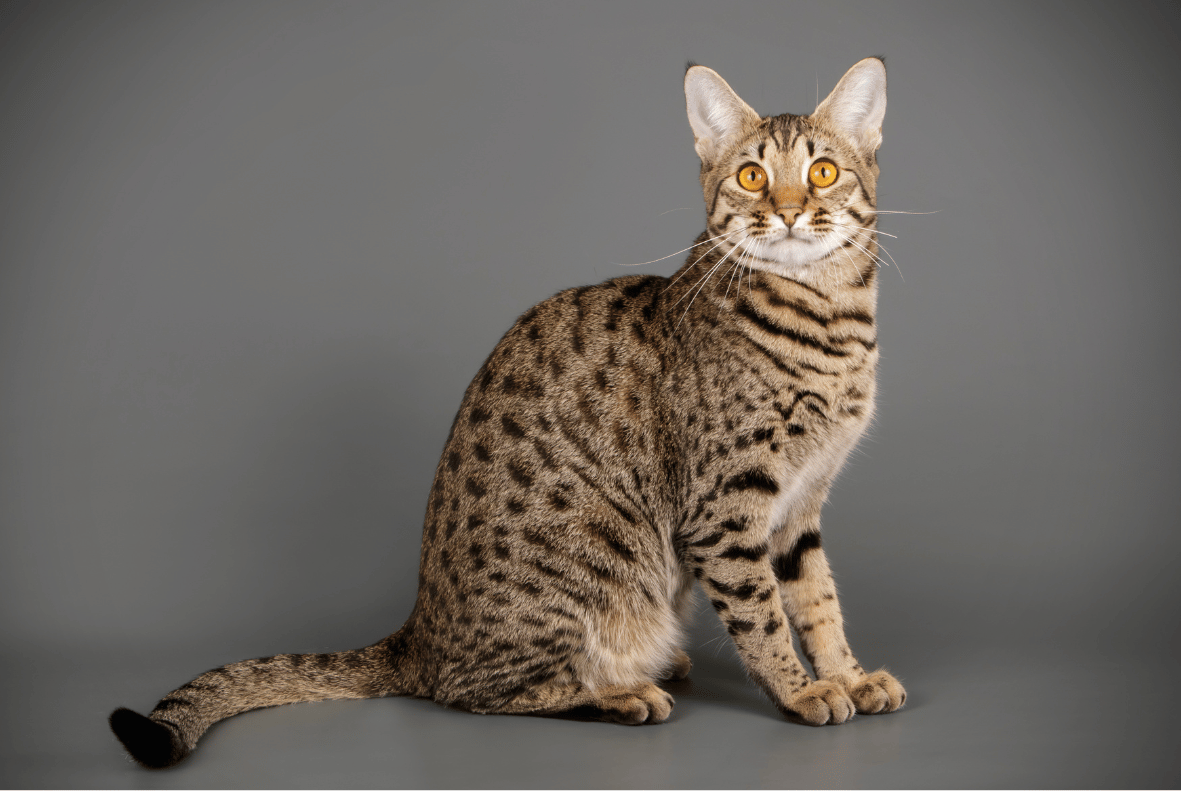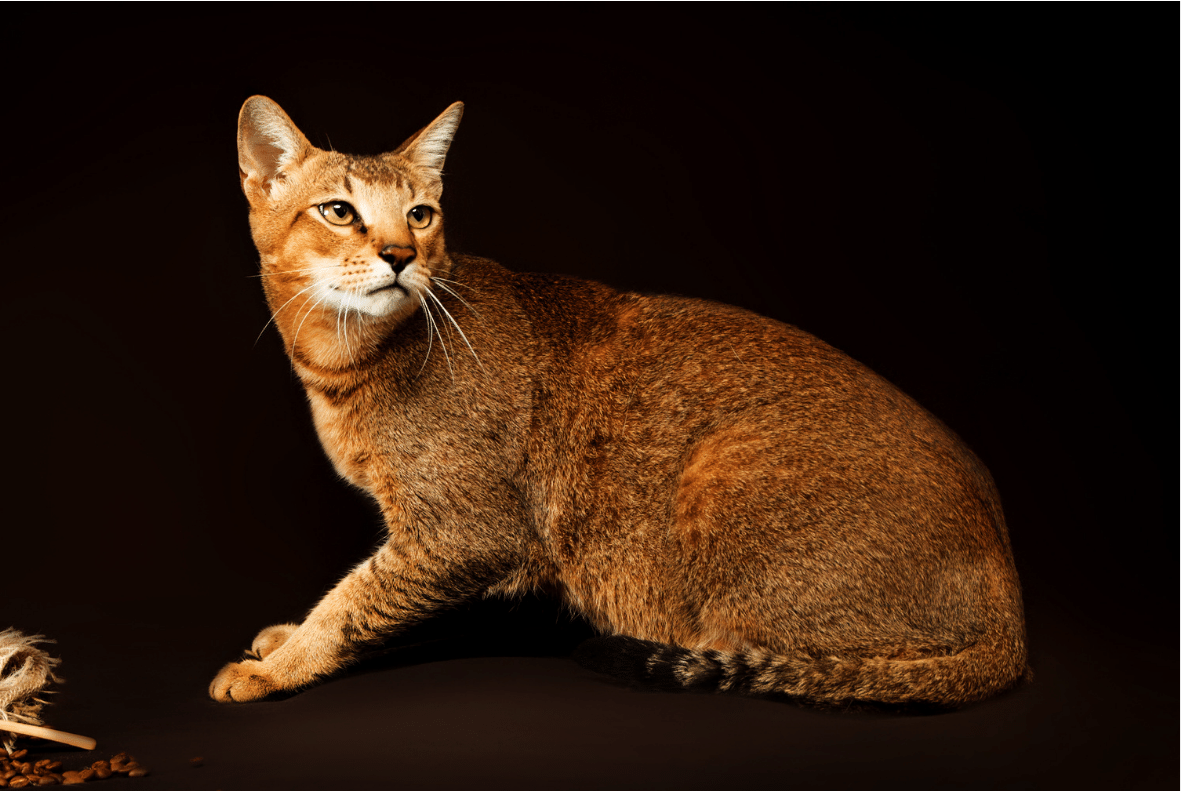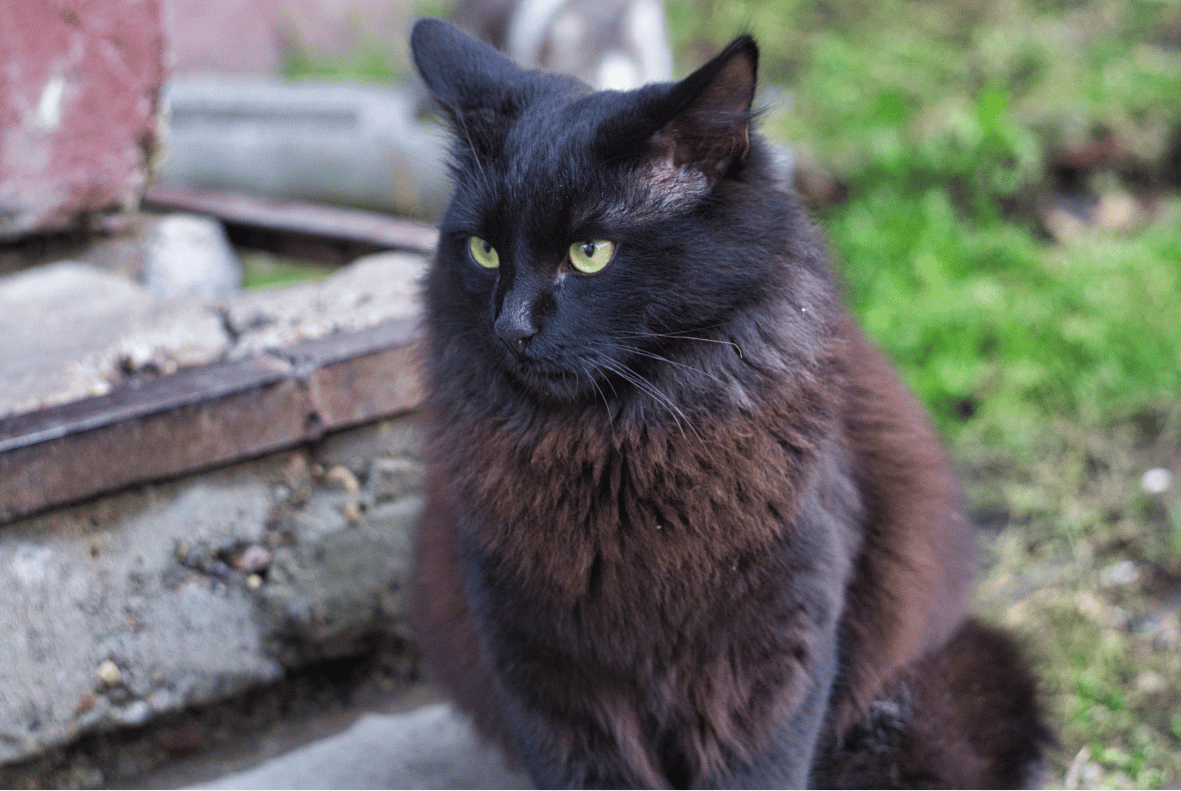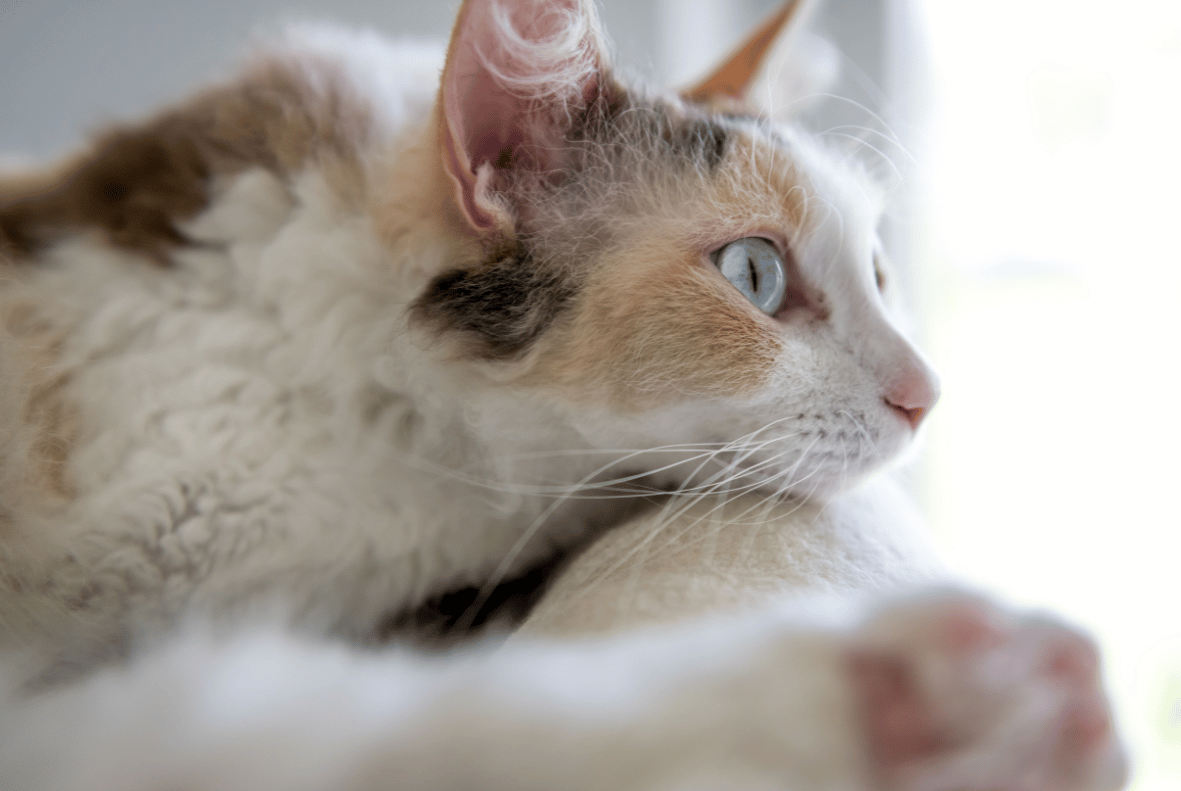Maine Coon Cat Insurance
Get a quoteAre you looking to insure your Maine Coon? It's worth considering Maine Coon pet insurance if you are looking to protect yourself against unexpected vet bills.
Maine Coon Character
Maine Coon Appearance
The Maine Coon is among the largest cat breeds, with males typically weighing between 13 to 18 pounds and females slightly smaller, ranging from 8 to 12 pounds. Some of the largest Maine Coons can exceed 20 pounds.
These cats come in various colors, including brown, black, red, silver, and white. They possess long, dense, and soft coats that feel silky to the touch. A notable feature of the Maine Coon is its long, fluffy tail, often carried upright.
They have a sizeable head with prominent cheekbones and a strong chin. Their large eyes and pointed ears, adorned with tufts of fur on the tips, give them a distinctive and striking appearance.
Conditions which affect this breed
Weird Fact..
Maine Coon History
Maine Coon Insurance
When looking to insure your Maine Coon its worth shopping around, with a Maine Coon insurance comparison you may be able to save both time and money so why not get a Maine Coon insurance quote today.
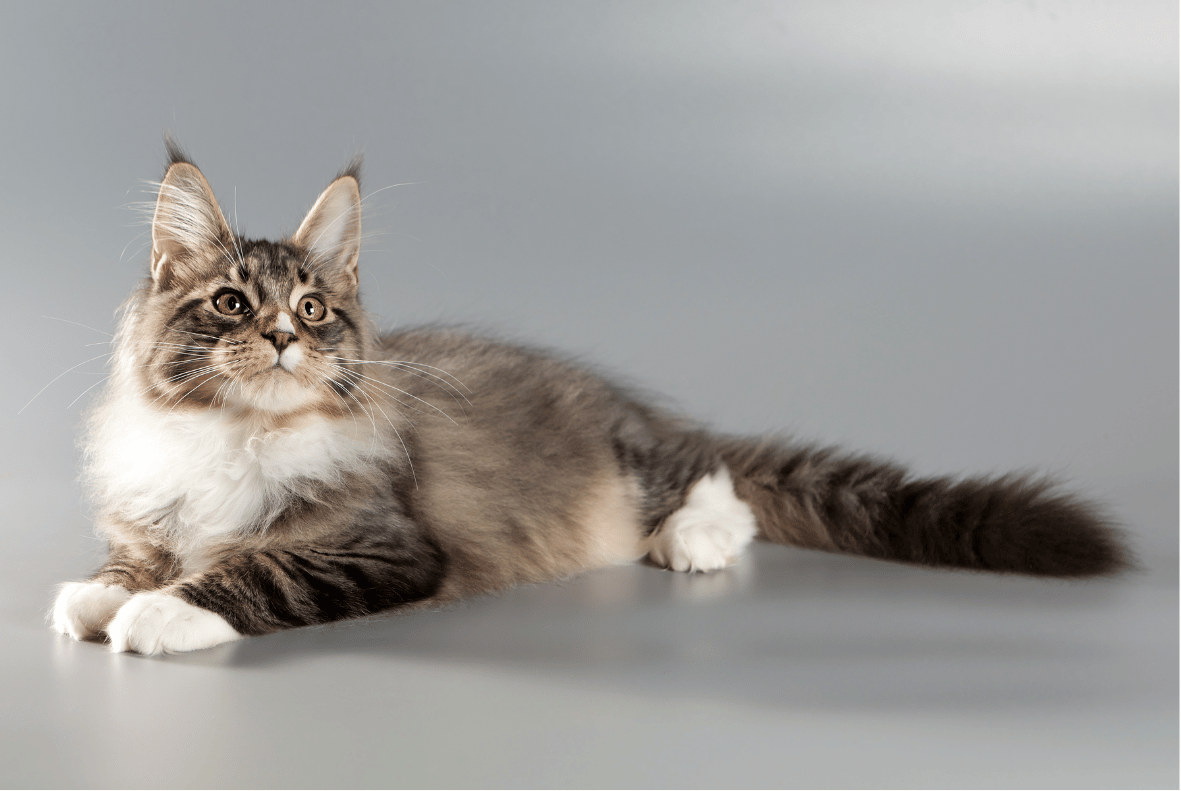
Size: Large
Life span: 12 years or more
Exercise: Up to 1 hour per day
Home size: Large
Coat length size: Long
Sheds: True
